Yaël Farber’s production of King Lear at the Almeida Theatre is imbued with an undercurrent of tension that feels as if it’s constantly on the edge of exploding into violence. It’s not her first crack at Shakespeare – in 2001 she adapted Julius Caesar, and she directed Hamlet at the Gate in Dublin in 2018 and Macbeth at the Almeida in 2021 – but I’d be willing to bet it’s her most virulent.
Already a subscriber? Log in
Subscribe for just $2 a week
Try a month of The Spectator Australia absolutely free and without commitment. Not only that but – if you choose to continue – you’ll pay just $2 a week for your first year.
- Unlimited access to spectator.com.au and app
- The weekly edition on the Spectator Australia app
- Spectator podcasts and newsletters
- Full access to spectator.co.uk
Or
Unlock this article
You might disagree with half of it, but you’ll enjoy reading all of it. Try your first month for free, then just $2 a week for the remainder of your first year.

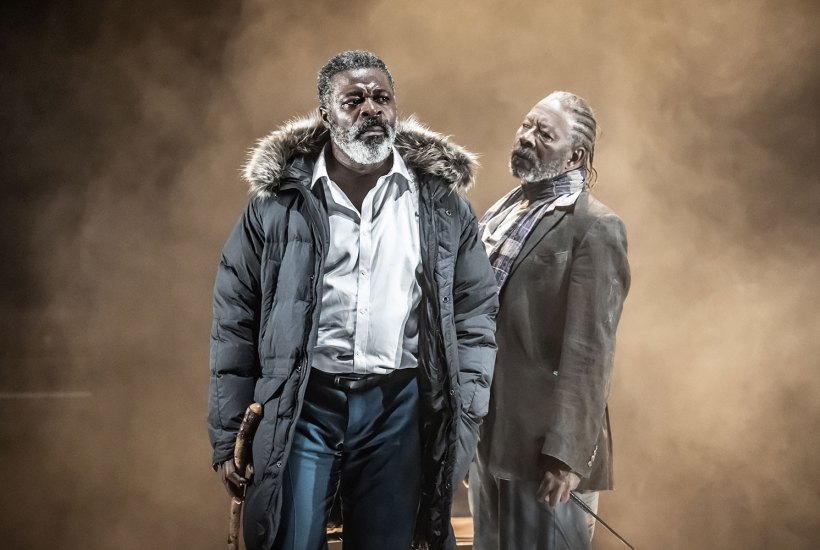
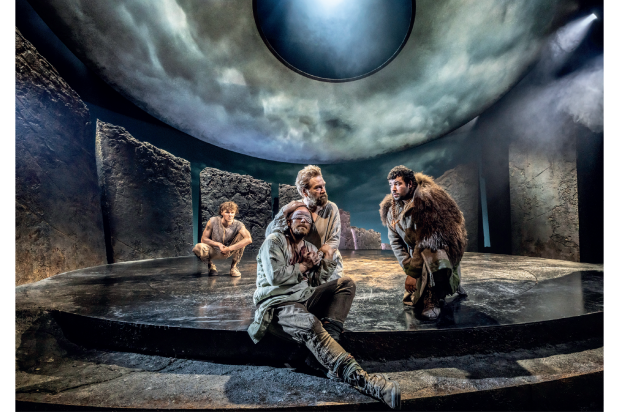
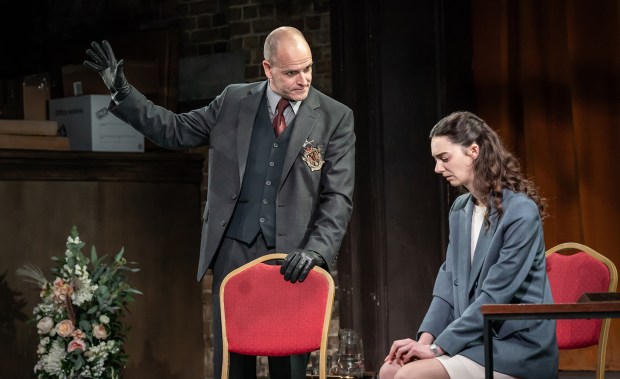
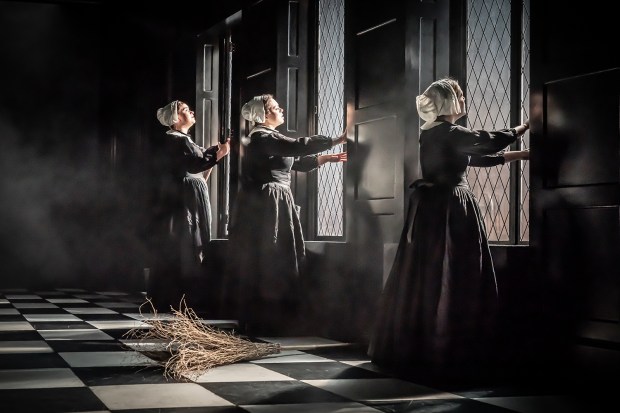

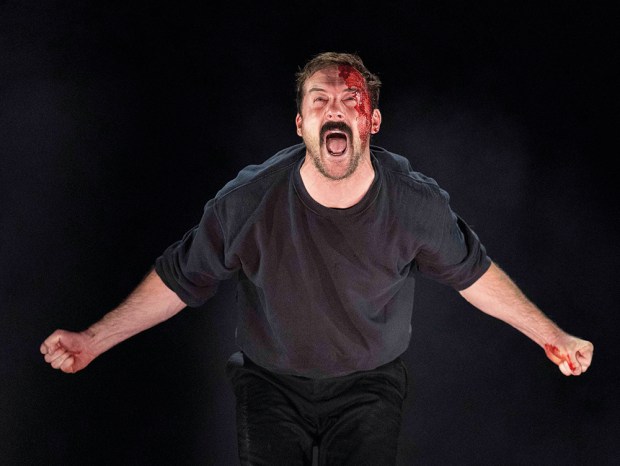







Comments
Don't miss out
Join the conversation with other Spectator Australia readers. Subscribe to leave a comment.
SUBSCRIBEAlready a subscriber? Log in